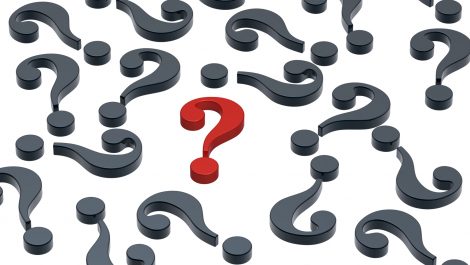A Look at Bankruptcy
:
Filed under: Bankruptcy
 What is a chapter 7 bankruptcy?
What is a chapter 7 bankruptcy?
Chapter 7 bankruptcy is a liquidation of a business that is in financial distress. The business will be forced to cease business operations, and its assets will be sold off to pay creditors. Most of the time, the business owner will no longer be involved with the company.
What is a chapter 13 bankruptcy?
A chapter 13 bankruptcy is a reorganization of a business’ debts under court supervision, in which the business owner is allowed to keep control of the company. This is the most common type of bankruptcy for small businesses.
What is the difference between a chapter 7 and a chapter 13 bankruptcy?
With a chapter 7 bankruptcy, the business ceases operations and the assets are sold off to pay creditors. The owner of the business may no longer be involved with the company. Both chapter 7 and chapter 13 bankruptcy can be used to restructure debts. However, in a chapter 13 bankruptcy, the business remains in operation and the business owner is allowed to manage the business.
What is a chapter 11 bankruptcy?
Chapter 11 bankruptcy is a reorganization of a business that is in financial distress. This is the most complex type of bankruptcy available to businesses. It allows the business to continue to operate while it develops a plan to deal with its debts. If approved by the bankruptcy court, the plan is binding on both the company and its creditors.
When should I file for bankruptcy?
If you are unable to make payments on your debts, filing for bankruptcy is a good option. The bankruptcy court can help you restructure your debts and allow you to move on with your financial life. The sooner you file, the sooner you can be on a path to financial stability. If you concerned about your debts or what to learn more about how to eliminate debt in bankruptcy, contact our Dallas bankruptcy attorney office today.







